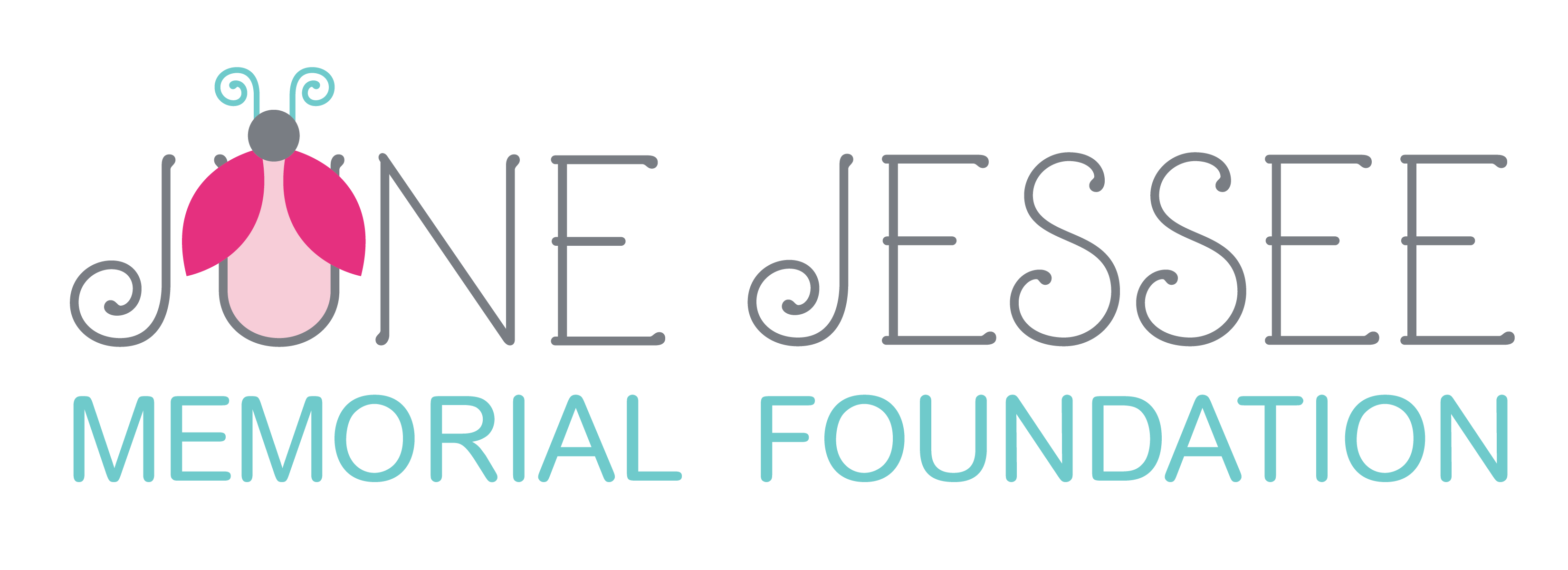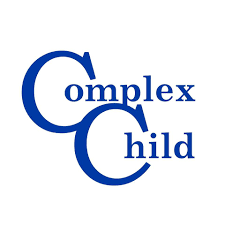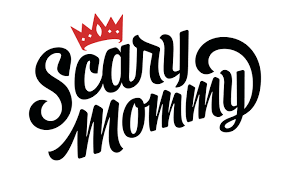Q&A with Maria Carron, Midwest Music Therapy
Maria Carron, MT-BC is the founder of Midwest Music Therapy Services and is specially trained as a Neurological Music Therapist. Maria leads the JJMF’s monthly music therapy series where children with medically complex, neurological conditions and their siblings are invited to sing, dance, and play along with Maria’s engaging musical activities. In her guest blog post, Maria gives an insider look at enhancing the lives of medically complex individuals and their families, by providing quality music therapy services to the JJMF community.
We welcome you to join an upcoming JJMF music therapy session for children with medically complex, neurological conditions and their siblings. You may find out more about this free program and sign up on our website.
JJMF: Tell us about your music therapy background and how you became involved with JJMF?
Maria: I am celebrating my 29th year as a music therapist! I received my degree from Maryville University in St. Louis, MO and completed my internship with a focus in rehab, working with stroke and head injury patients. I continued to work with this population after my internship, and then transitioned to working with individuals with autism for 6 years before starting my private practice, Midwest Music Therapy Services, in 2000. My very first private client had an undiagnosed neurological disorder. I have learned so much from her over the years, and it was her family that inspired the start of my private practice. When I was approached by Genny and her team to lead virtual music therapy groups for JJMF, I was thrilled! As I learned about their mission and the support they provide families, I knew music therapy would be another amazing program for JJMF!
JJMF: How do you adjust your curriculum to provide impactful therapies for children with neurological conditions? What are some techniques you utilize to intentionally engage children based on their individual abilities?
Maria: When working with individuals with neurological conditions you base your treatment plan on how music therapy interventions can target their individual needs and outcomes. With all clients we provide services based on evidenced based practices and our experiences as a therapist. Some specific techniques might include Developmental Speech and Language through Music (DSLM) which is implemented through singing, chanting and playing instruments, and Therapeutic Instrument Music Performance (TIMP) which uses playing musical instruments to exercise and stimulate movement patterns.
When planning and implementing the music therapy group for JJMF families, I lead a variety of interventions that encourage social greetings, singing and vocalizing sounds/words, gross & fine motor movement and imitation, engagement in a cognitive task such as counting, identifying body parts or answering a “wh” question. I also like to ask the families to share an idea that is then incorporated into one of the group activities. Throughout the group, I’m focused on how I can use the music therapy interventions to keep everyone engaged, build interactions and encourage participation based on everyone’s ability and needs.
JJMF: What would you tell parents of children with neurological conditions is the most beneficial part of music therapy? Why should they sign up to attend the next session?
Maria: The group provides a way for families to connect through music during this pandemic. The music therapy group gets everyone singing, moving and playing instruments together. I see so many smiles and positive interactions. Families are also able to take away music-based activities they can do with their child outside of the group. These activities strengthen parent/child connections through singing, vocal play and moving together to music! This is so powerful!
JJMF: During the pandemic, you’ve had to convert in-person therapies to virtual. How has that adjustment been for you and your clients, and what impact has it had on your curriculum?
Maria: At the start of the pandemic, our therapists had to quickly pivot to a virtual format. We really had no experience leading music therapy sessions virtually, but our therapists jumped right in exploring any resources available and doing their best to continue connecting with our students and clients. As music therapists, we are able to use our knowledge of utilizing music to engage and connect with individuals. We then targeted their needs through virtual music therapy techniques, some similar to in person. Some clients needed more support during therapy from a parent or caregiver to engage in sessions, but in some ways this was also beneficial as the parent/caregiver was also experiencing how music therapy techniques were being implemented. Midwest Music Therapy also started some new virtual programs that have helped us reach a broader client base, and also have clients connect with each other from many different areas. I’m so proud of how all our therapists and interns were able to adjust during this challenging time!
JJMF: What is your favorite part about being a Music Therapist?
Maria: My favorite part of being a music therapist is building a therapeutic relationship with my clients through music and music therapy interventions, and then seeing the benefits, growth and improved quality of life for both the client and their families. With my years of experience, and my leadership role for Midwest Music Therapy Services, I find joy in supervising our team of music therapists and interns. I’m motivated by their successes and growth and how they can use their therapeutic skills to benefit our clients and community. I also love working with organizations such as JJMF, to help them utilize music therapy as part of their mission.







